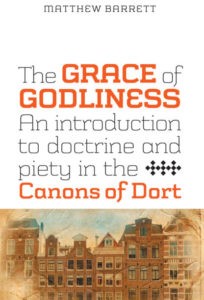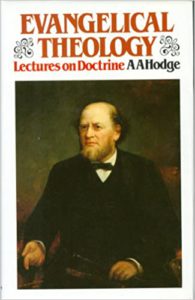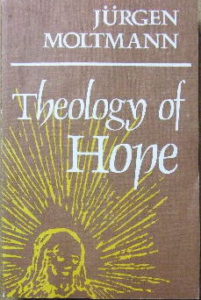 Salvation is Solely the Work of God
Salvation is Solely the Work of God
One of the hallmarks of Calvinism is monergism, that is, the biblical conviction that we are born again by God working alone (mono = one). God is the only active agent in our rebirth because the depravity of sin has rendered fallen man totally unable to believe in Christ. God’s sovereign grace actualizes salvation, beginning with effectual calling and regeneration, the process whereby the gracious sovereign action of the Holy Spirit recreates fallen human nature and enables sinners to believe in Christ. In this regard, regeneration precedes faith. In contrast, synergism (Arminianism) teaches that we are born again by divine-human cooperation, each contributing its part to accomplish regeneration (syn = together). Synergism is possible because sinners retain sufficient ability to believe in Christ. Effectively, this mean that God offers potential salvation which is actualized only when a sinner believes.
The Canons of Dort (1618-1619), which is one of the foundational doctrinal documents of the Calvinist Reformation, resolutely rejects synergism in one of its affirmations. Continue reading “Sovereign Grace, Regeneration and Humble Calvinism”







